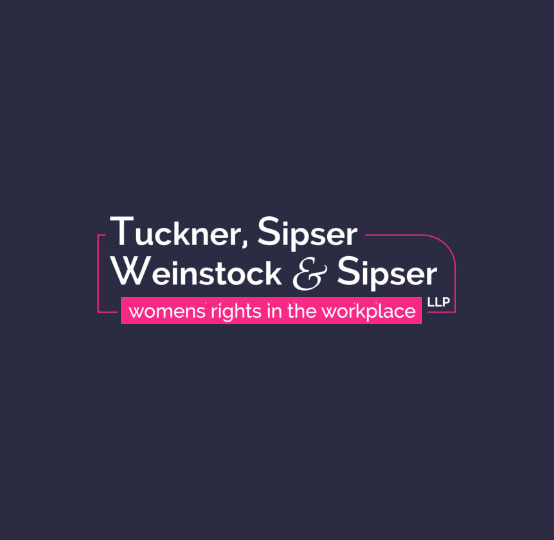Sexual Harassment Lawyers & Sex Harassment Attorneys In New York City
What Constitutes Illegal Sexual Harassment?
Are you being sexually harassed at work? Let’s define it. Sexual harassment is a form of sex discrimination in the workplace, though it’s sometimes referred to as gender discrimination in some city or state anti-discrimination laws. Sexual harassment is unwanted behavior in the workplace that happens to you because of your sex, in other words, because of who you are as woman, or much less frequently, because of who you are as a man.
In other words, if you weren’t a woman, your boss would not have subjected you to unwelcome sexual advances. Ask yourself, would this be happening to me if I were not female? If the answer is no, and the sexual attention is making you uncomfortable, then it’s not your fault—that’s sexual harassment.
- What Counts as Retaliation After Reporting Workplace Harassment?
- They Want to Erase Women: What’s Happening to Women in the American Workforce?
- What Should I Do if I’m Being Sexually Harassed at Work?
- Federal Laws Against Sexual Harassment in the Workplace
- How Much Can I Get for a Sexual Harassment Case?
- What Is Sexual Harassment in The Workplace?
- How Serious Does Sexual Harassment Have to Be to File A Complaint at Work? | New York Sexual Harassment Attorney Jack Tuckner Answers
- Kirby Demonstrates What Not To Do At Work
- Is it illegal to have my baby bump belly touched by coworkers?
- How are damages determined in a sexual harassment lawsuit?


 Sexual Harassment Defined by the EEOC
Sexual Harassment Defined by the EEOC